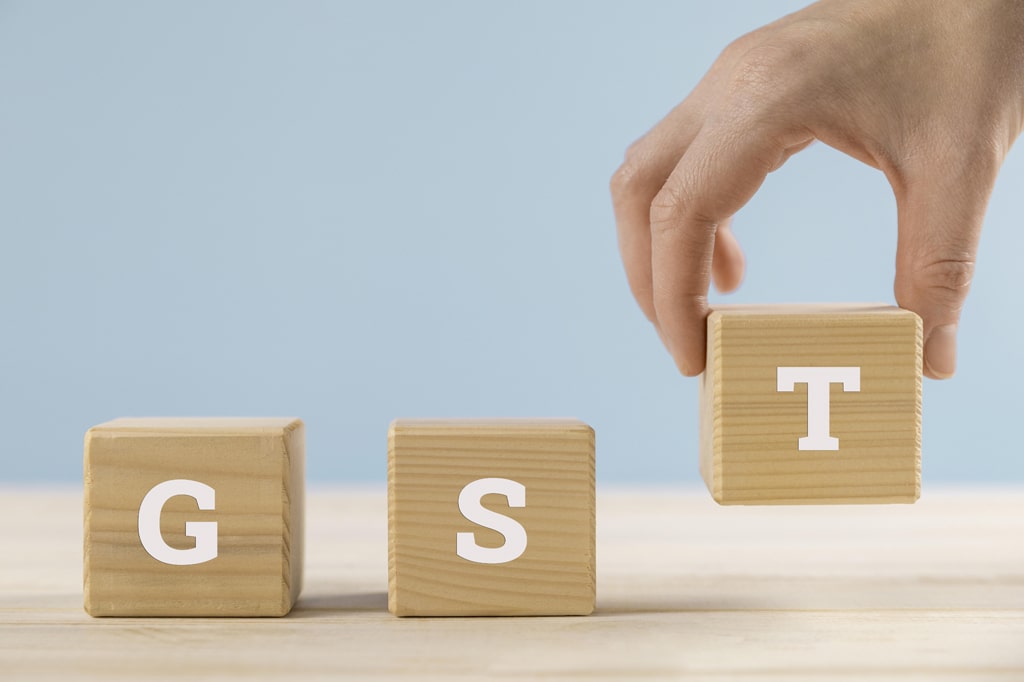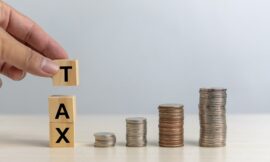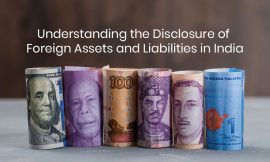As per the GST law, GST is charged on the transaction value of the goods. But, in the case of second-hand goods, the dealer can opt for the Margin Scheme and pay tax on the margin amount only i.e. the difference between the value at which the goods are supplied and the price at which the goods are purchased. If there is no margin, no GST is charged for such supply. The purpose of the scheme is to avoid double taxation as the goods, having once borne the incidence of tax, re-enter the supply and the economic supply chain.
Valuation of Second Hand Goods: Rule 32(5) of the CGST Rules, 2017 which has been inserted by Notification No. 10/2017- Central Tax, deals with the valuation of second-hand goods including second-hand vehicles.
Margin Scheme is applicable only if the registered taxpayers comply all of the following conditions:
- Deals in buying and selling of second-hand goods
- No input tax credit has been availed on the purchase of such goods.
- Goods are supplied as such or after such minor processing which does not change the nature of the goods.
The value of supply as per Margin Scheme shall be the difference between the selling price and the purchase price and where the value of such supply is negative, it shall be ignored. In case any other value is added by way of repair, processing etc, the same shall also be added to the value of goods.
Value of Second hand goods = Selling Price – (Purchase price + Minor processing cost)
Example
A company say M/s X which deals in buying and selling of second hand cars, purchases a second hand Car of June, 2017 make (Original price Rs. 6 lakh) for Rs. 2.50 lakhs from an unregistered person and sells the same after incurring minor repairing expense of Rs.5000/- in January, 2022 for Rs. 3 lakhs. The supply of the car to the company for Rs. 2.50 lakh shall be exempted and the supply of the same by the company to its customer for Rs. 3 lakh shall be taxed and GST shall be levied. The taxable value for GST purpose shall be Rs. 45,000/-, i.e. the difference between the selling and the purchase price of the company increased by repairing expenses .
Exemption in Inward Supply of Second Hand Goods: Notification No.10/2017-Central Tax (Rate), dated 28th June, 2017 exempts intra-State supplies of second hand goods received by a registered person, provided:
- Recipient is dealing in buying and selling of second hand goods and
- Recipient registered person pays the central tax on the value of outward supply of such second hand goods as determined under sub-rule (5) of rule 32 of the CGST Rules, 2017
- Goods are received from unregistered suppliers.
Repossession of Goods from Defaulting Borrower: The proviso to Rule 32 provides for the determination of purchase value of goods repossessed from an unregistered defaulting borrower, for the purpose of recovery of a loan or debt. Purchase value shall be calculated as original Purchase price less Five percentage points for every quarter or part thereof.
Purchase of Second Hand Goods from Registered Person : If a registered person purchases used goods from another registered person then gst needs to be collected by the supplier on the margin amount and the gst paid by the recipient is allowed as input tax credit to him as per normal ITC rules.





